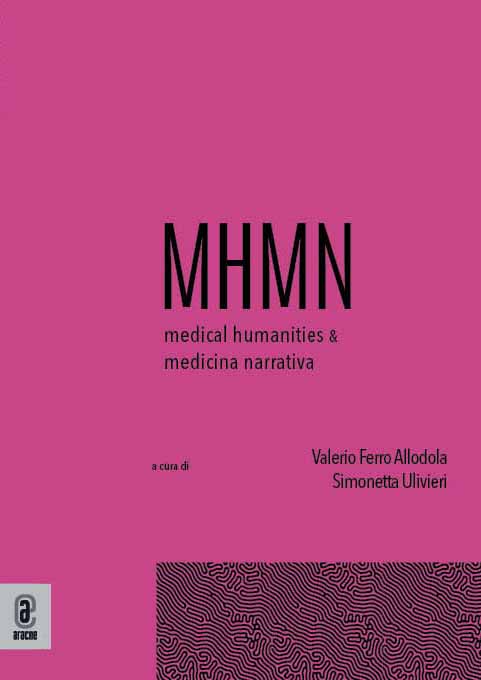And after violence and death? For a pedagogy of reconciliation
DOI:
https://doi.org/10.53136/979122180072213Keywords:
Adolescent and child trauma, orphaned by femicide, education competence, existential planning, pedagogy of bereavementAbstract
Of all the wars to which our lives may be subjected, there is one form of war that is consumed in collective silence, but which causes a number of victims – direct and indirect –, almost every day: feminicide. A violent, traumatic death, which shatters and tears apart the lives of sons and daughters requiring multi-professional in- tervention to contain risks of developing major psychopathologies. Together with the other professions that clinically intervene on trauma, a fundamental role is played by the pedagogical approach to mourning, in order to accompany the child or adolescent towards a new rethinking of his or her existence, and also to trigger resilience and enable a reconciliation with life. Pedagogical skills capable of creating a reconstruction process proper to the art of Kintsugi and thus offering the possibility of a new future of serenity.
Downloads
Downloads
Published
Issue
Section
License
Copyright (c) 2022 Maria Rita Mancaniello (Autore)

This work is licensed under a Creative Commons Attribution 4.0 International License.


